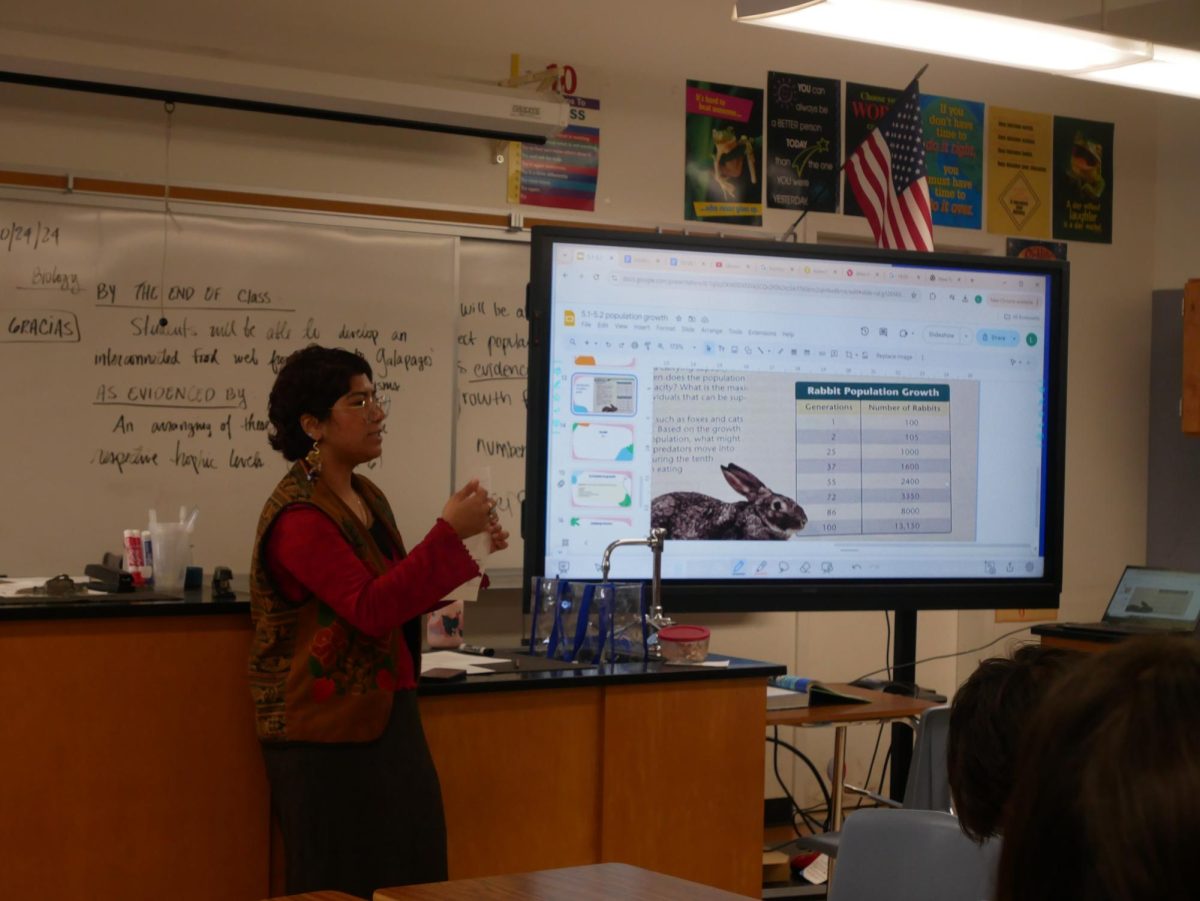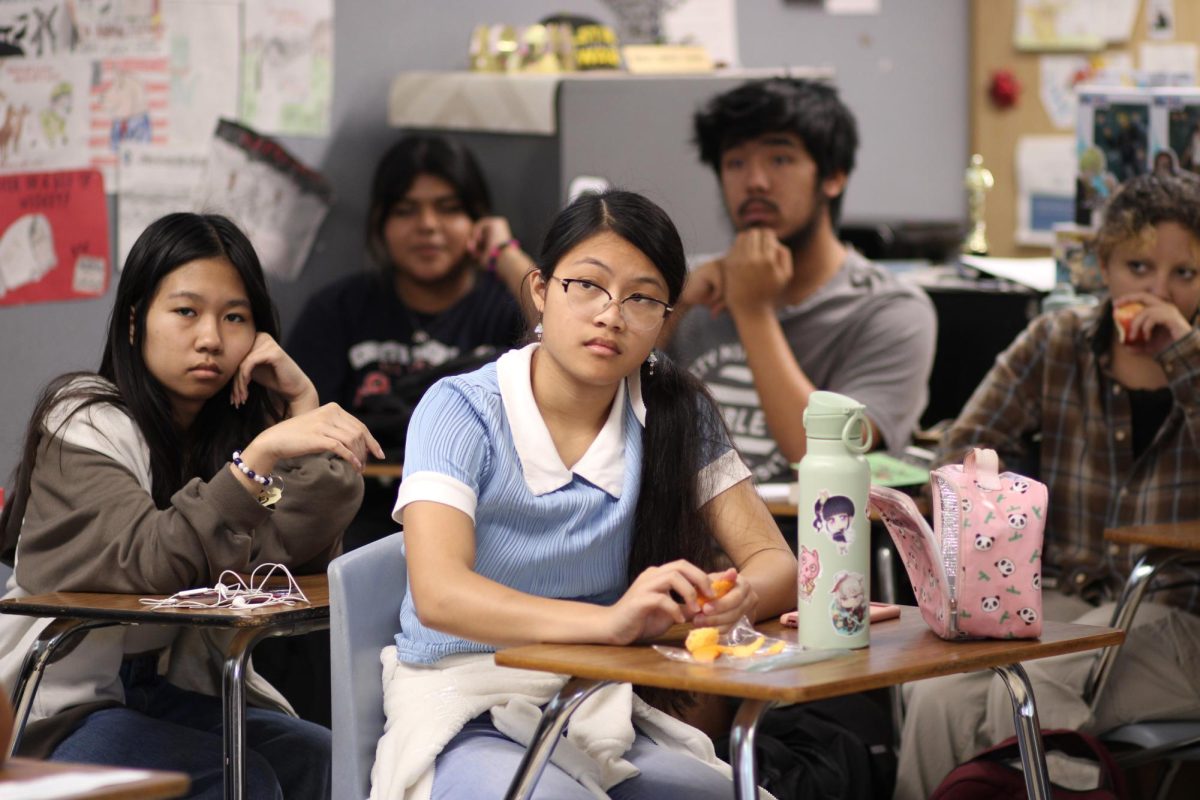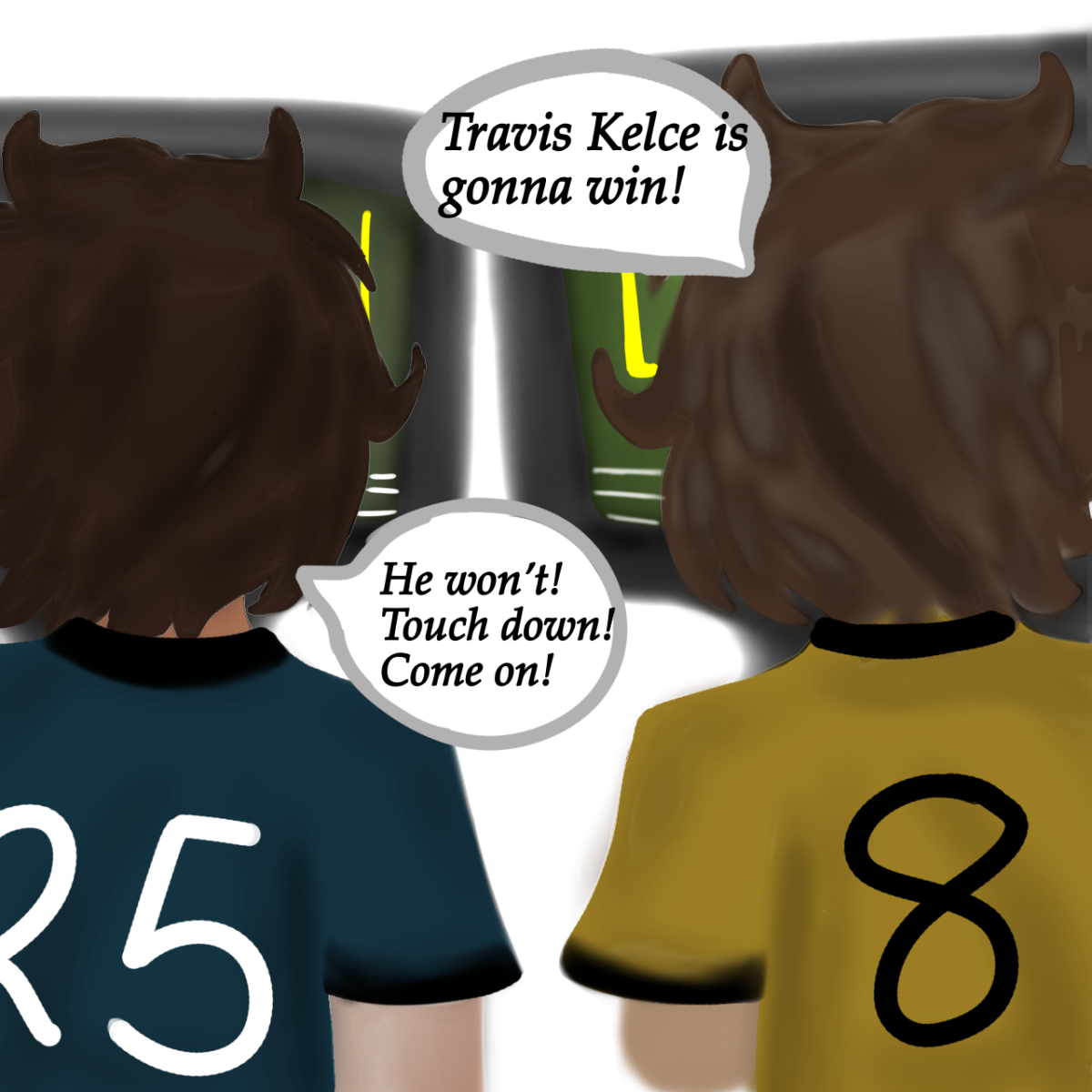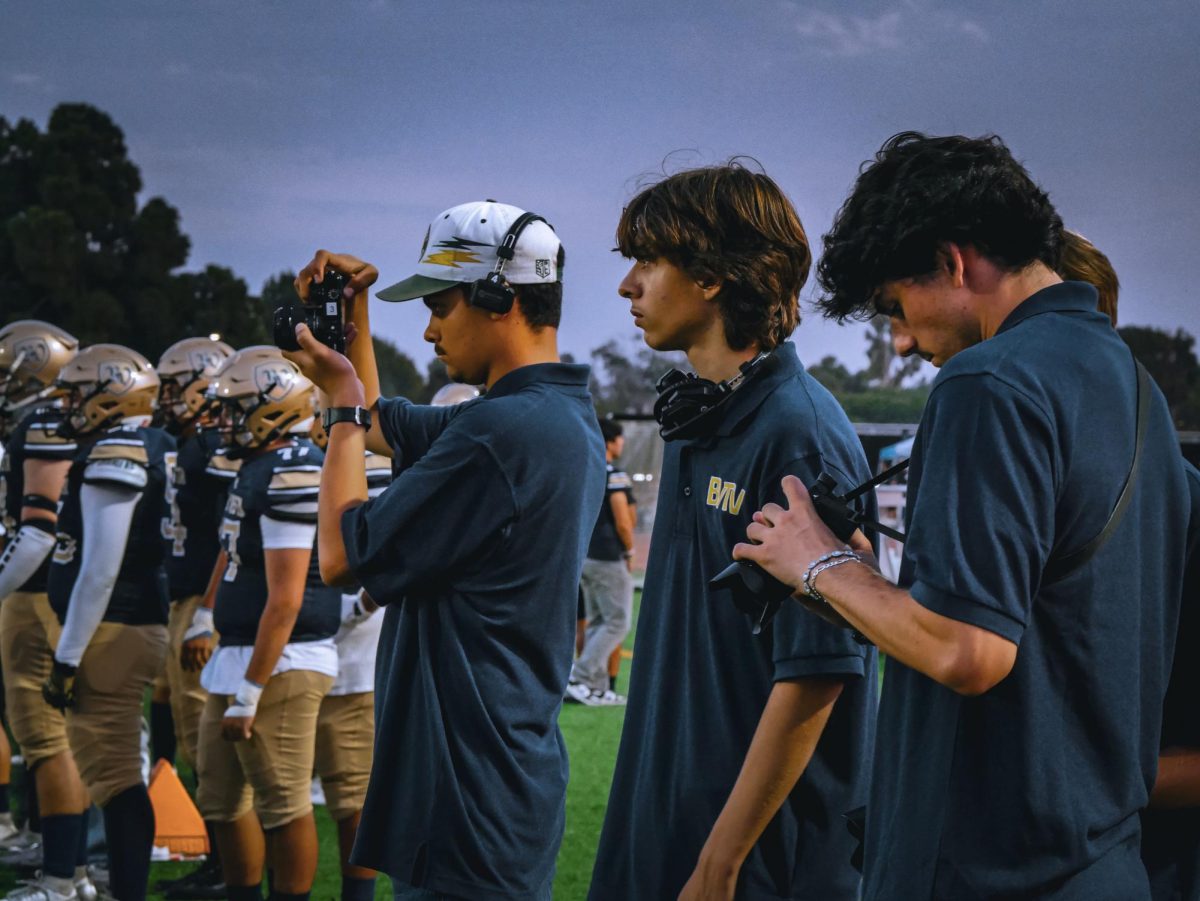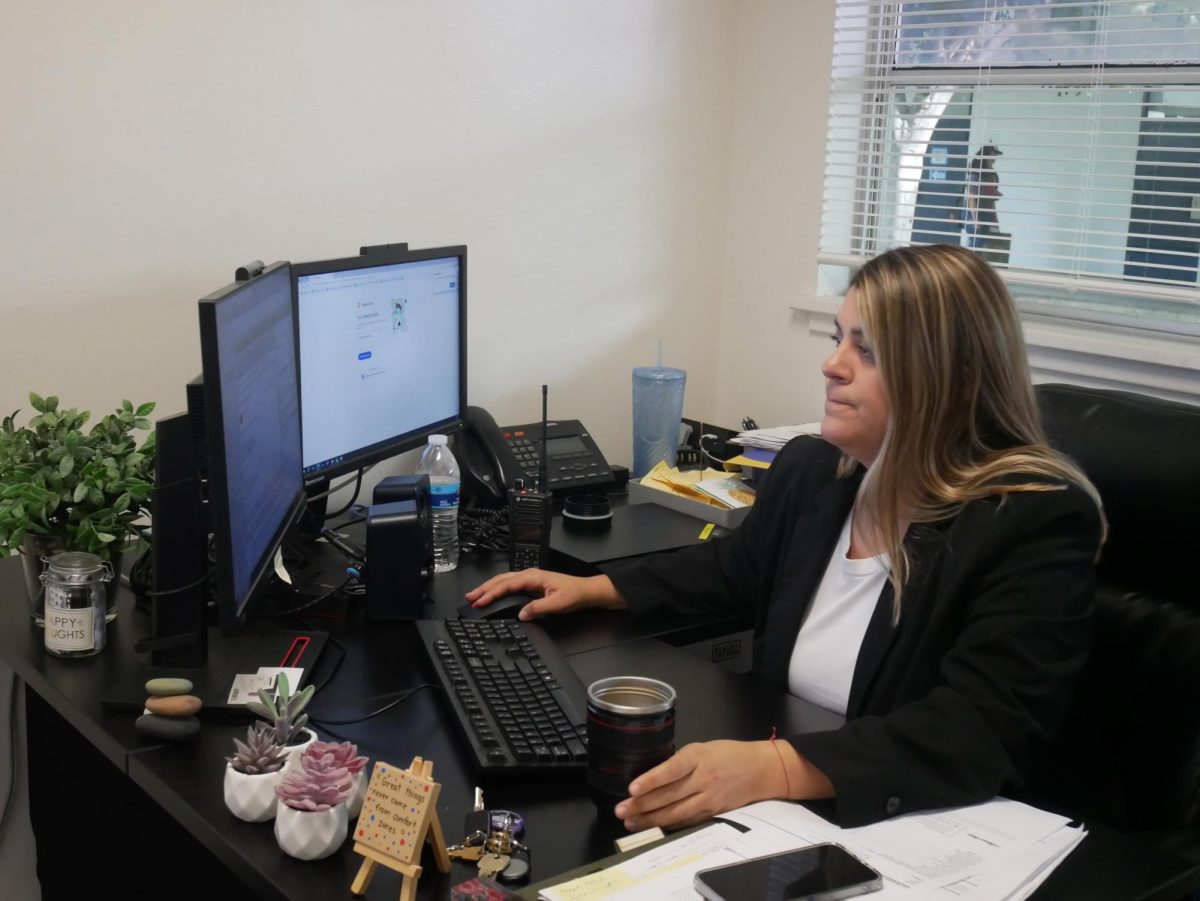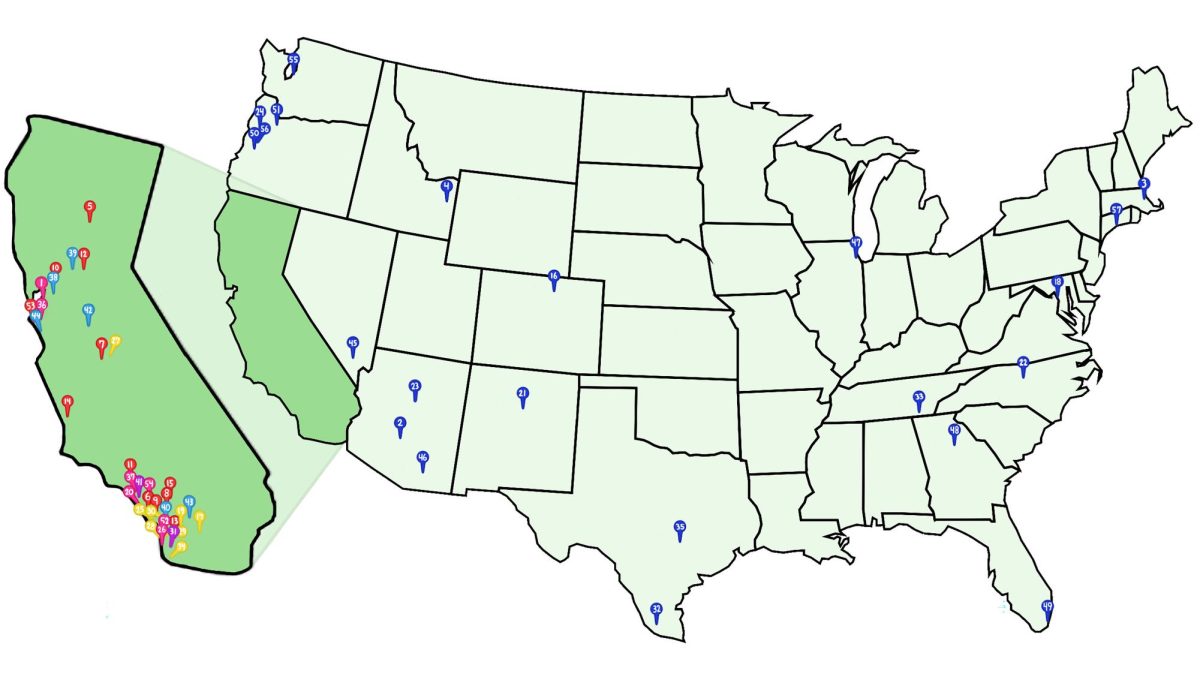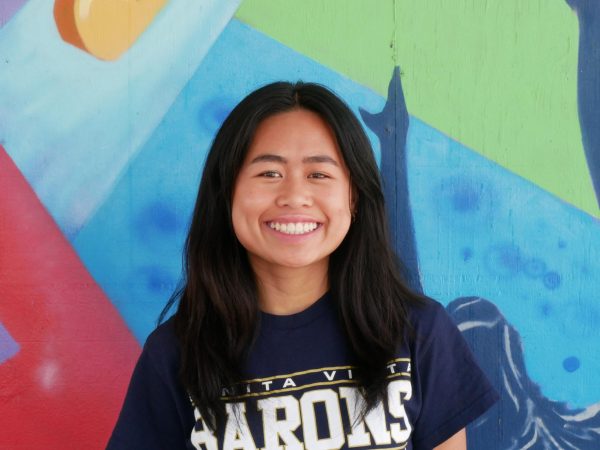Many students flow in and out of Bonita Vista High (BVH) with experiences that are unique to themselves. Everyone comes from various backgrounds with different stories to tell. There are students who call Bonita their home, while others consider foreign countries to be their home.
For instance, Senior Lukas Kropat and his family lived in San Francisco but as a result of his father’s career change, as well as the high cost of living in the city, they moved to Berlin, Germany. Kropat continued to reside in Germany for the next six years where he then moved to the United States (U.S) in July of last year.
“Originally I was going to do an exchange year, and then move back to Berlin. I decided it would make a lot more sense for me to stay here in California and go to college next year whereas if I went back to Germany,” Kropat said. “In the school system [in Germany], I would have to do two more years of high school and then go to college, which seemed like a waste of two years.”
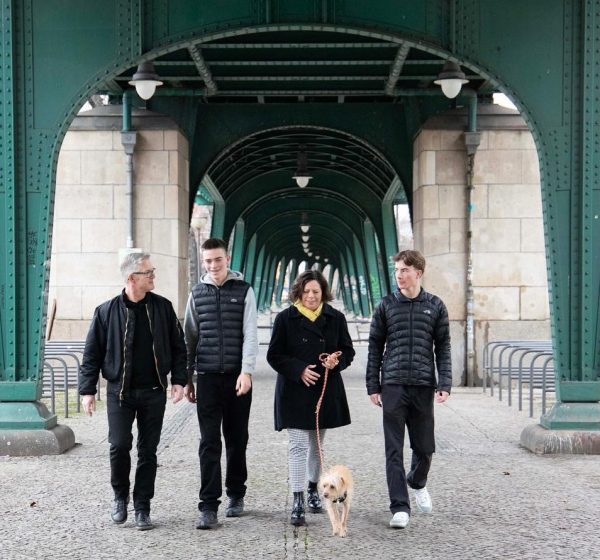
The U.S is viewed as a country full of opportunities, especially for students’ education. Similar to Kropat, Sophomore Brianne Yamsuan moved to the U.S from the Philippines in March of 2023 for reasons regarding school opportunities and economic struggles.
“I moved here mostly because of my family, but also for education and to just live in a better economy. The Philippines is a developing nation and I had a poor quality of life there compared to the United States,” Yamsuan said.
For these students, although moving to America seemed like a dream, they faced drawbacks, like having to adapt to a new culture. Societal standards can be very different in different countries. Yamsuan expands on the difficulty of adapting, considering she lived in the Philippines for the majority of her life.
“One distinct challenge I faced since moving [to the United States] is the culture in general. In the Philippines, we value respect and we use honorifics such as ‘po’ or ‘opo.’ It’s very different trying to not say it here because I was so used to it,” Yamsuan said.

Other obstacles include facing a language barrier. The U.S.’s most spoken language is English, so it can be difficult for individuals to learn it if it is not their native language. Sophomore Thanh Nguyen explains the challenges she faces on a daily basis due to English not being taught in Saigon, Vietnam, where she has lived for the majority of her life.
“I didn’t know any English prior so I started learning when I moved here. My brother and I are very different as he’s more fluent than I am, so I ask him for help often,” Nguyen said. “I have social anxiety, therefore I depend on my family more, so when I go out alone, I cannot say much since this is a new language I’m still learning.”
Furthermore, it is possible for these students to feel homesick or miss their home countries. There are various landmarks that are special to one’s hometown that other countries cannot replicate. Nguyen mentions the multiple places in Vietnam that she misses dearly.
“In Vietnam, they had these places with coffee machines and machine games. They also had convenience stores that were not like the ones you see here. There were these workshops where you could play for free, so you could just walk in and have fun. I miss those a lot,” Nguyen said.
Aside from specific places, these students often find themselves missing the culture’s food. Food plays a prominent part in one’s culture and enhances and defines one’s taste preferences. For instance, Americans have adapted to common places like Starbucks, in contrast to Berlin, where there are only two locations.
“The United States has a lot of chain food if you’re not making something at home. At least in Berlin, there are a bunch of different family-owned restaurants, whether it’s a Vietnamese restaurant, a Turkish restaurant, or lots of Italian restaurants as well,” Kropat said. “I liked trying out different restaurants with my family, which is something that you can only do to an extent here. I do miss my dad’s cooking as well.”

Other aspects that remind the students of home are the people, allowing one to feel safe around. Lukas had a best friend when he was living in Germany, who he continues to keep close contact with to this day.
“Going to concerts with my best friend, Magnus, was probably one of my best memories [being in Berlin]. I was definitely sad that I would be moving away from my best friend because I’ve known him for five years, but I still keep in touch with him and he’s doing an exchange in Detroit right now,” Kropat said.
Although moving to the U.S. can have various downsides, it opens up new experiences and opportunities for these students to grow. With BVH’s various programs and extracurriculars, they find a sense of welcoming and belonging.
“I was really excited coming here. I was looking forward to meeting new people, and new experiences. Still, I was a bit nervous, but that quickly went away after I joined [cross-country] and made good friends in both my sport and in my classes. I was happy, I was like ‘Alright, it’s working out here,’” Kropat said.

